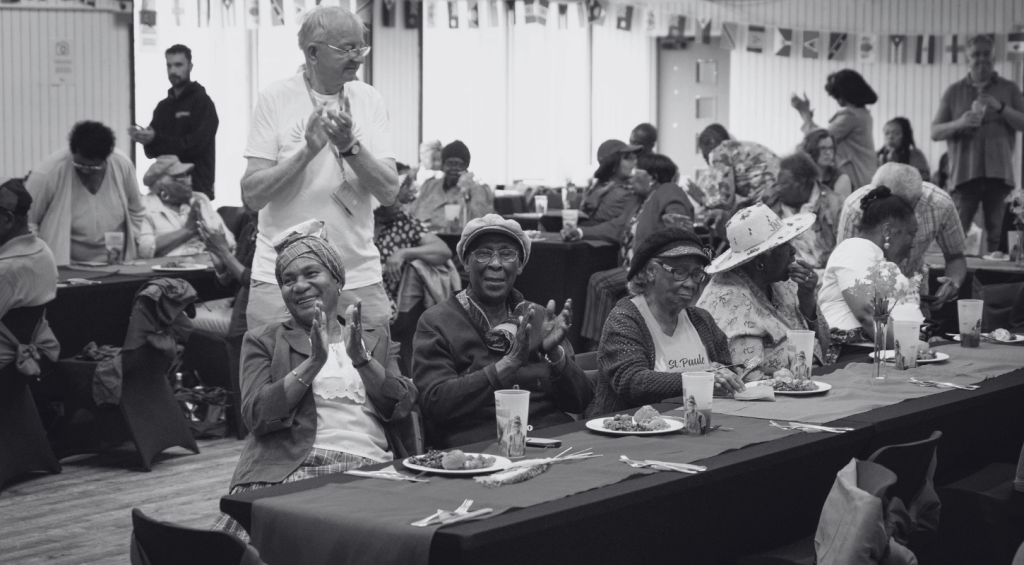
As we prepare for the first Citizens’ Assembly for Culture in the West of England, we want to ensure that everyone has a clear understanding of the key terms that will shape our discussions. We know that language can be a significant barrier to access in democratic decision-making – so whether you’re taking part in the Assembly, following its progress, or simply interested in how it works, we’re getting you up to date with this glossary that will help you navigate the process.
A group of up to 12 experts and community representatives responsible for selecting the evidence and experiences presented to the Citizens’ Assembly.
A randomly selected group of citizens brought together to learn about, deliberate, and make recommendations on a specific issue. In this case, the focus is on culture and creativity in the West of England.
The broad range of work and activities related to arts, heritage, and creativity. This includes areas such as performing arts, music, design, heritage, film, events, museums, galleries, archives, and literature.
An actionable plan developed through the Citizens’ Assembly process that outlines steps to support and enhance culture and creativity across the West of England.
Information and experiences presented to Assembly members to help them make informed decisions.
Key principles or focus areas outlined in the existing regional cultural strategy. These guide the structure of the evidence presented to the Assembly. The four pillars are:
A term used to refer to all ethnic groups except white British and other white groups. This includes people of Asian, African, Latin American descent, mixed heritage, and other ethnic backgrounds.
Interactive or participatory activities, such as workshops or performances, designed to give Assembly members a deeper understanding of cultural topics.
Ensuring diverse perspectives are included and addressing barriers faced by underrepresented groups to promote inclusion in decision-making.
The four local government areas in the West of England: North Somerset, Bath & North East Somerset, Bristol, and South Gloucestershire. Each has its own council overseeing local services and policies.
The region comprising the Unitary Authorities of North Somerset, Bath & North East Somerset, Bristol, and South Gloucestershire.
An initiative supporting the development of citizen-led approaches to cultural planning and policy in the West of England. This includes organising the Citizens’ Assembly and overseeing its recommendations.
Guidelines developed by citizens in workshops to shape the structure, processes, and outcomes of the Citizens’ Assembly.
A method used to ensure a diverse and representative group of citizens participates in the Assembly, preventing bias in selection.
Adjustments or support required by individuals to enable full participation, such as translation services, alternative formats, or accessibility accommodations.
This Citizens’ Assembly will help us shape a more inclusive and sustainable cultural landscape for the West of England. By understanding these key terms, we can all engage more effectively in the conversation and contribute to meaningful change together.
Join in with the Citizens for Culture conversation on LinkedIn.
Privacy Policy | Cookie Policy | Terms and Conditions | Contact Us | Site infomation